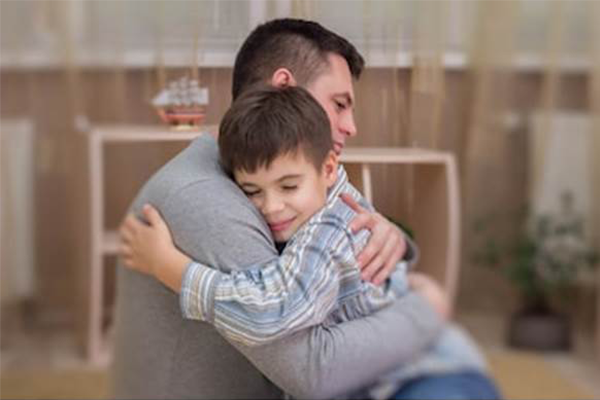“Amid the Conflict, Whether Great or Small”
By Wendy Ulrich
On July 4, 1776, the American Colonies declared independence, ironically initiating full-fledged war with the British Empire. On July 4, 2023, I was battling a different war of independence – this time in a technology store trying to liberate the locked cellphone of my 94-year-old mother-in-law from the tyranny of corporate security policies.
We were losing.
I didn’t kneel in the forest like George Washington, but as the hours wore on, I certainly did pray. In response, three words came to my mind: patience, kindness, and peace. I immediately understood and concurred with the first two. The third one made me stop and think. I remembered the Savior’s promise to His disciples in John 14:26-27 to give them His peace – not the kind of peace the world might give (or withhold), but peace that would come as theychose not to let their heart be troubled or afraid.
Apparently, their troubled hearts and fear were not just inevitable responses to their circumstances, but something within their control. So how?
I appreciate the observation that we often second guess spiritual promptings when we need instead to act immediately on that first impression. I can see the value of that counsel.
I’ve also noticed, however, that sometimes I really do need to second guess my “first impulse” when it is not being prompted by the Holy Spirit but by fear. Fear has a legitimate, helpful place in protecting us from real danger because fear is fast. But fear can also trigger too-quick instincts of anger, blame, defensiveness, hopelessness, helplessness, or insistence on control. The “first impulse” of fear can blind me to options I miss unless I slow down and think.
As I’ve continued to ponder the peace that Christ offers, I’m learning that peace is not just the absence of conflict or troubling circumstances. I’m learning that peace means:
- Being willing to council with others in good faith (including strangers in a tech store) and learn from those who disagree with me (including about the value of policies I don’t like)
- Acknowledging the sovereignty of others over their own decisions and feelings (including store managers and mothers-in-law)
- Accepting my human limitations and honoring my own boundaries (including about my time, energy, and technical savvy)
- Looking for what I can control amid what I cannot control (what I control including my attitude, and what I cannot control including the policies of trillion-dollar companies)
- Acting on my deepest values (like stating my position without defensiveness or contempt)
- Trusting the Savior can help me (like helping me be of good cheer, protect my boundaries, act in good conscience, and learn valuable life lessons from hard times – see D&C 123:17).
- Choosing to believe that peace really is a choice (even when I’m frustrated – see Russell M. Nelson, “Peacemakers Needed,” Liahona, May 2023).
I have not yet completely won the cellphone battle. But maybe I am winning the real war.

